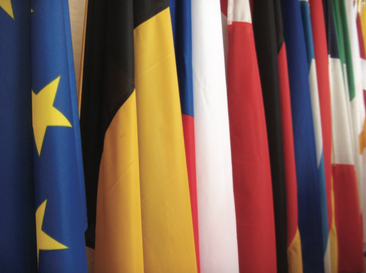Riad Al-Khouri
Riad al Khouri is an economist specializing in the Middle East and North Africa region. He has undertaken extensive research on regional trade and political economy, among other topics, and writes widely about development issues. He taught economics at the American University in Beirut (AUB) and Beirut University College (now the Lebanese American University) and worked as a consultant for the European Commission, ESCWA, GTZ, ILO, IOM, OPEC Fund, UNDP, UNIDO, USAID, and the World Bank, among many other public sector organizations, as well as for numerous private firms.

